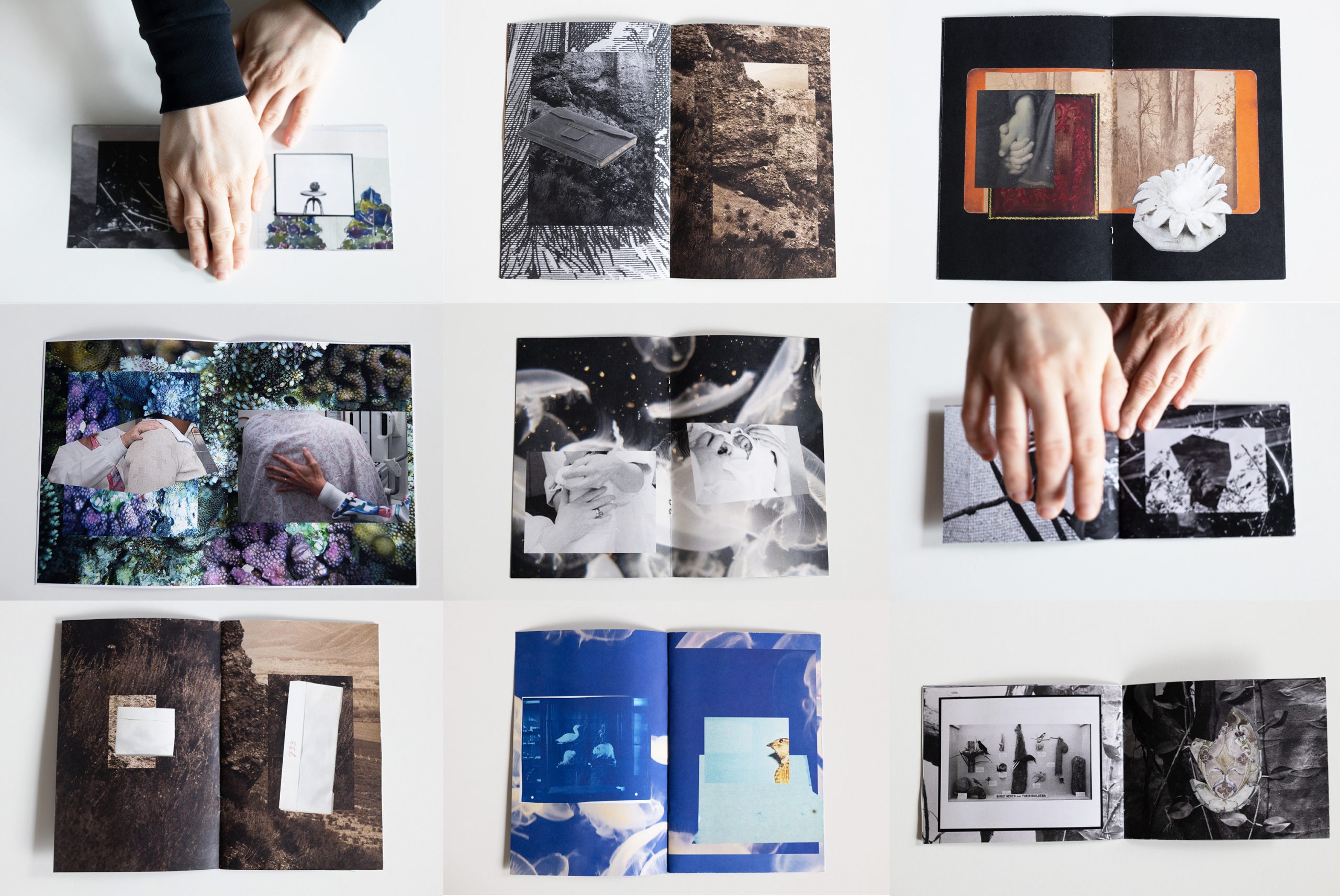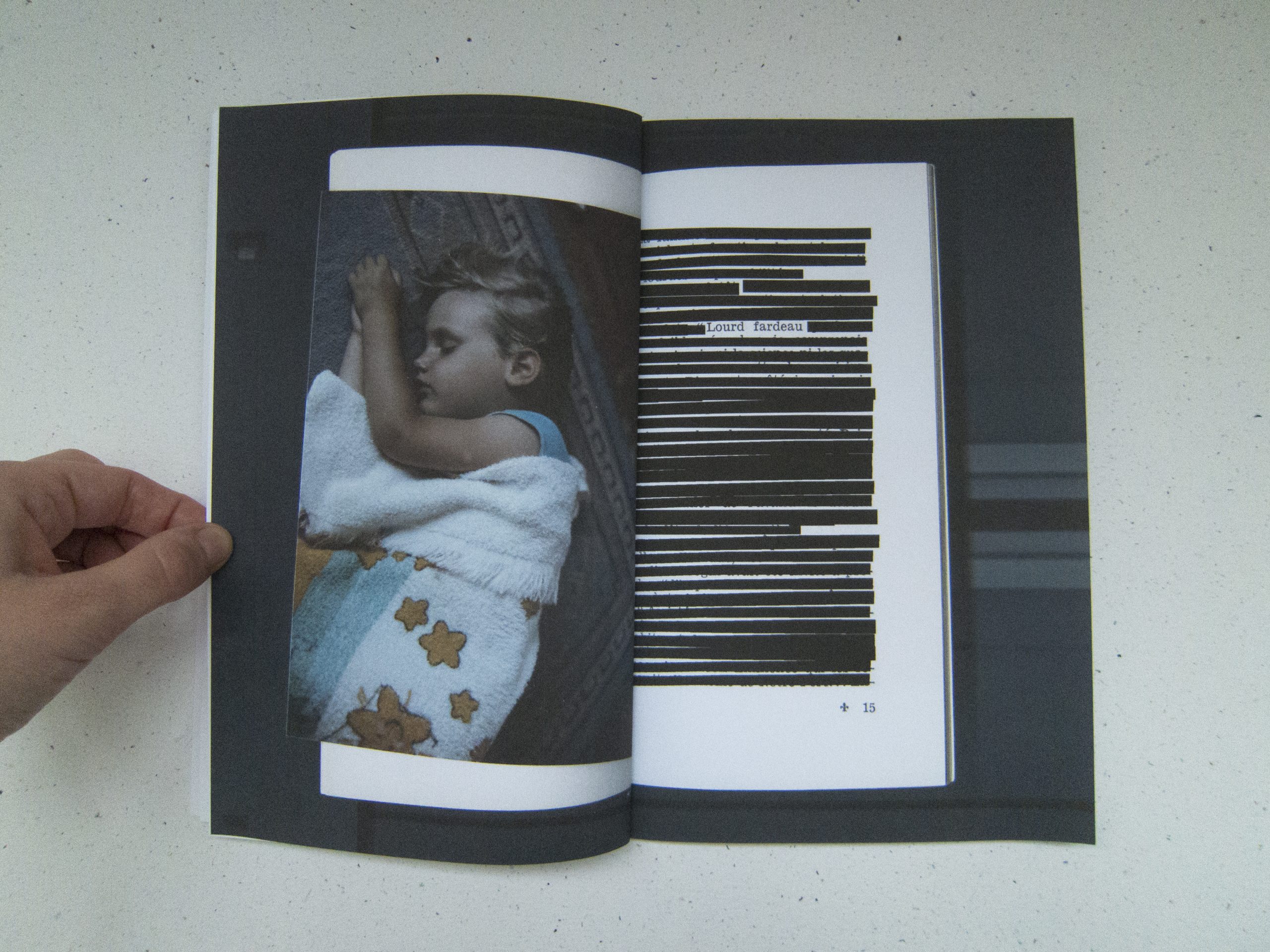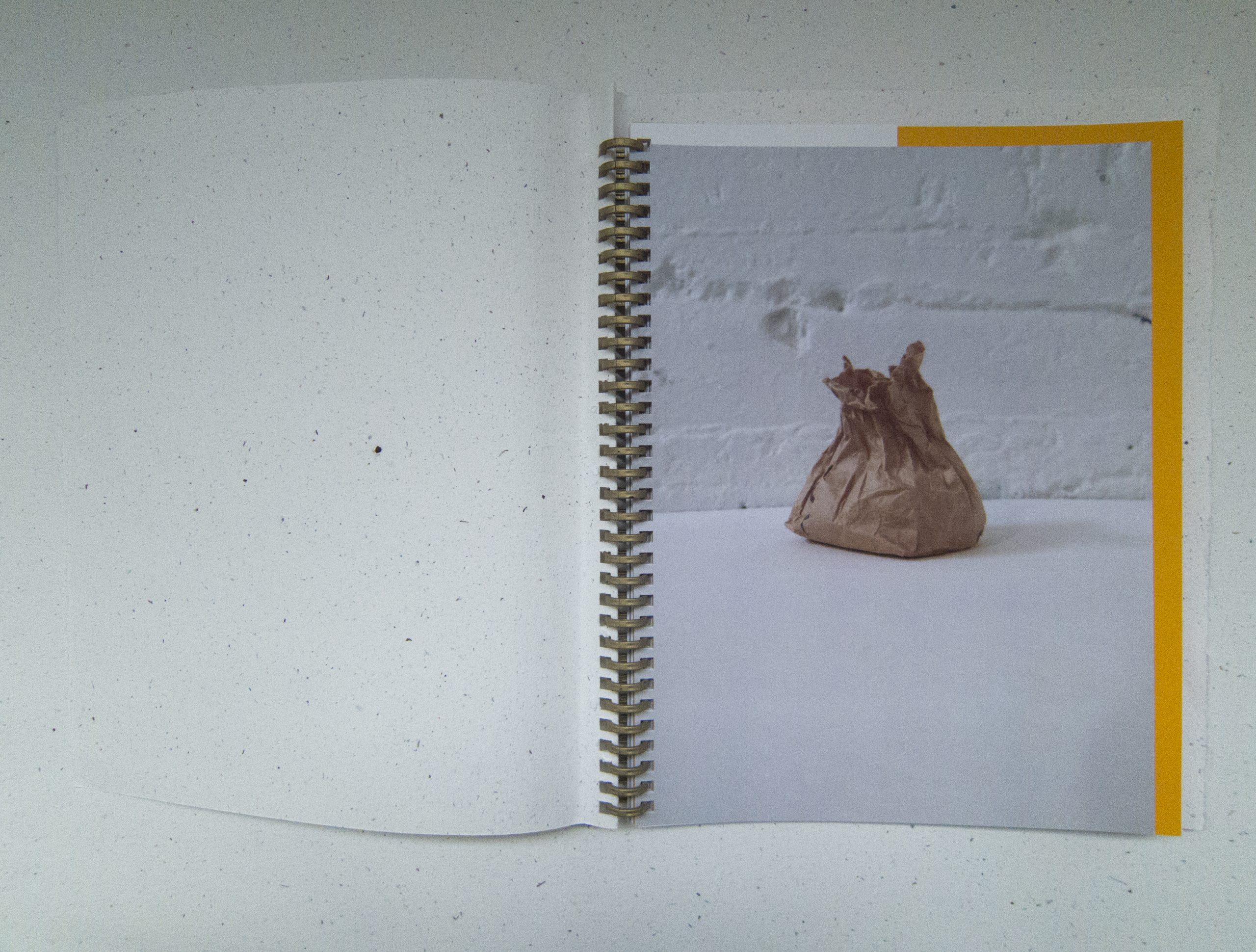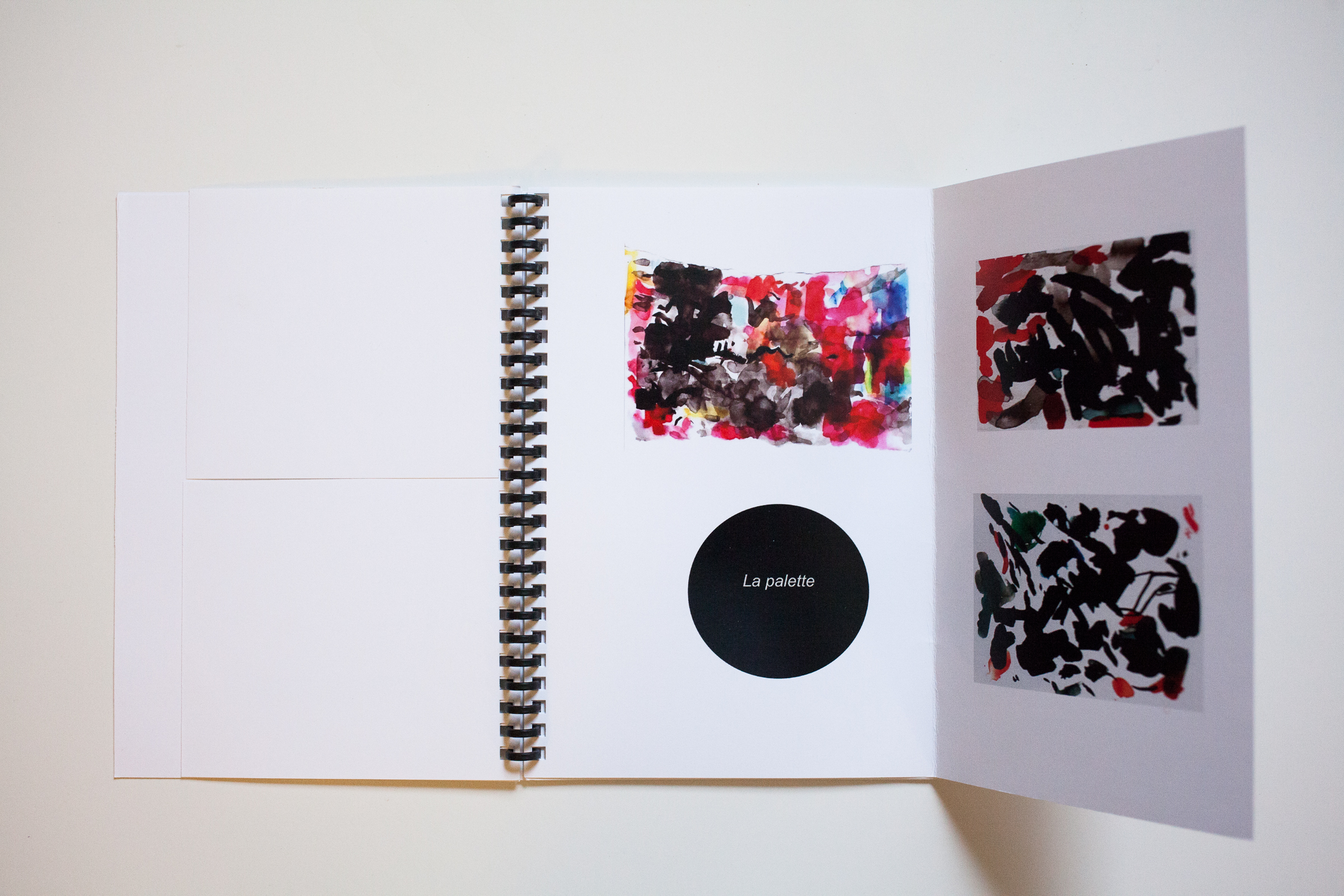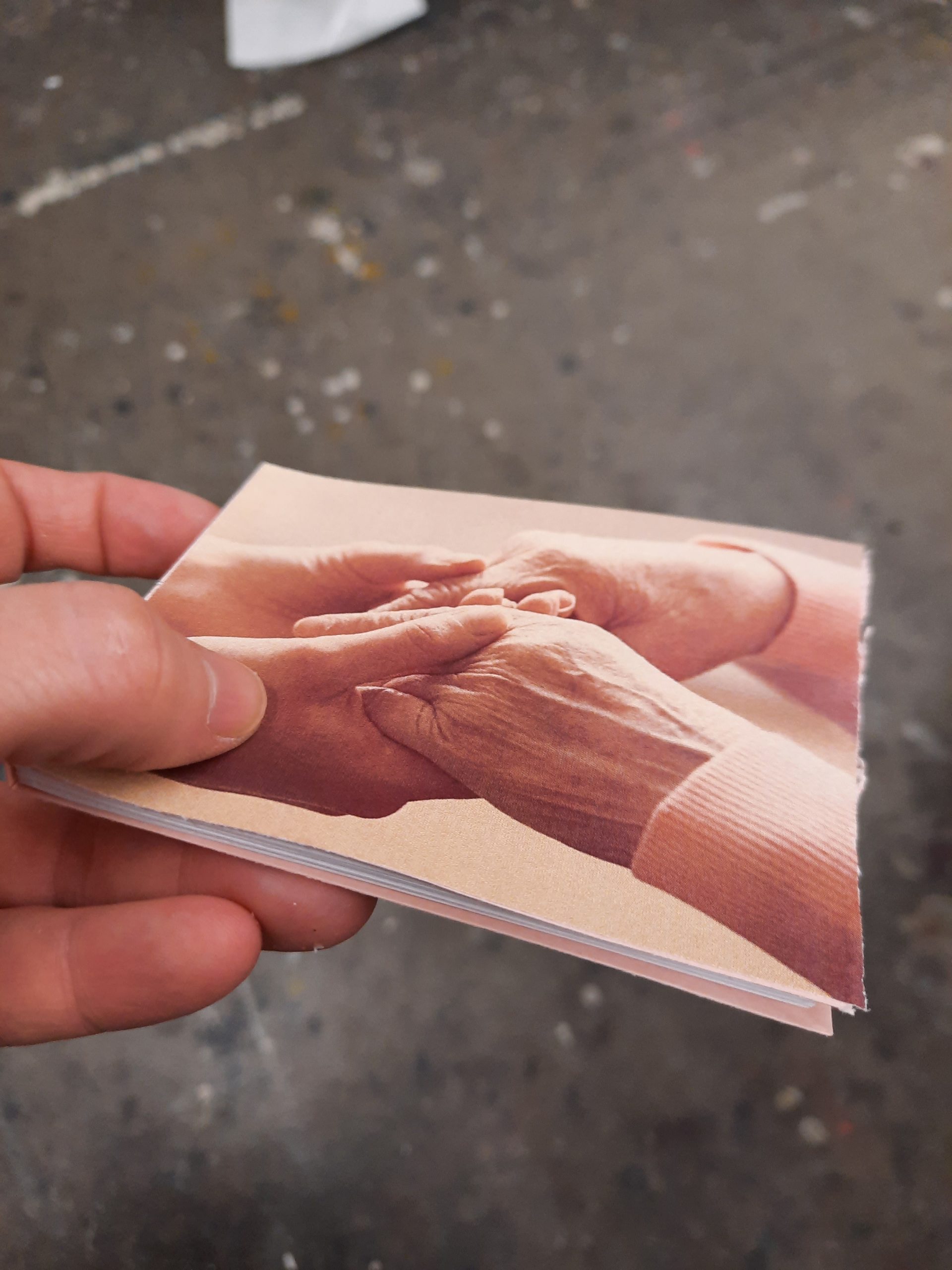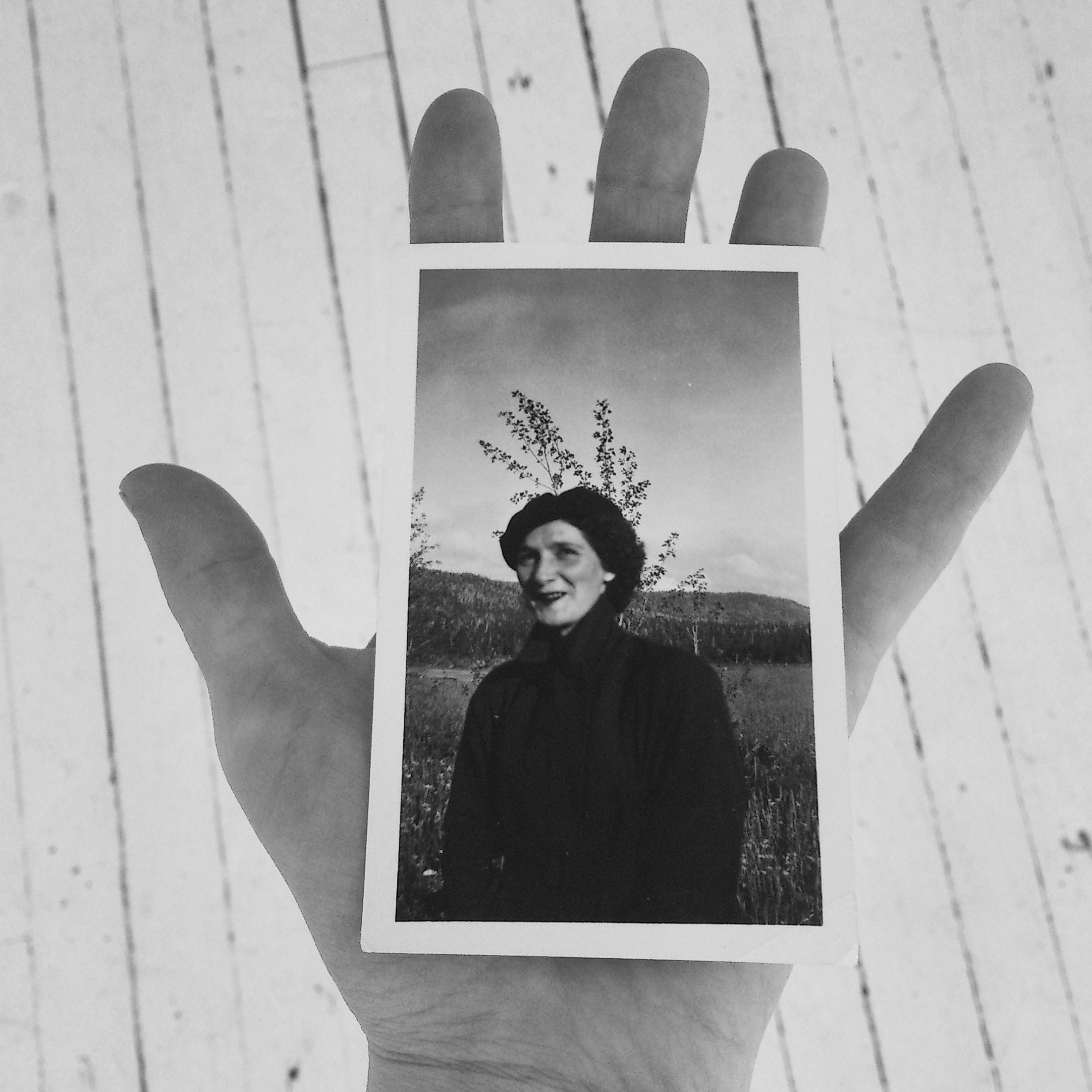“(…) Letting the little things, the details, appear highlights the nuances, flaws and contradictions of lives” * – Manon Alice Lavaud Comment faire place à une multiplicité de petits récits dans la recherche sur les jeunes en situation de vulnérabilité ?
An important part of my practice involves writing small books. These micro-narratives enable me to resist the norm, the unified Grand Narrative, in favor of plural truths, in motion, deployed in a multitude of overlapping and intertwining realities. The micro-narrative is a radical space full of possibilities for revisiting memories and feelings such as anger or melancholy, while accepting flaws and contradictions.
In their book, Se raconter à domicile – Approche narrative de la résilience, Alexia Le Bret et Serge Mori outline the narrative approach in psychology as follows: “Every person has a story about his or her life and about a situation. When a person tells a story, he or she chooses certain elements over others, and organizes and structures various facts. In the narrative approach, we seek to understand the influence of certain dominant stories on the patient. Together, we try to create other stories that will open up new possibilities in the patient’s life.”*
*unofficial traduction
